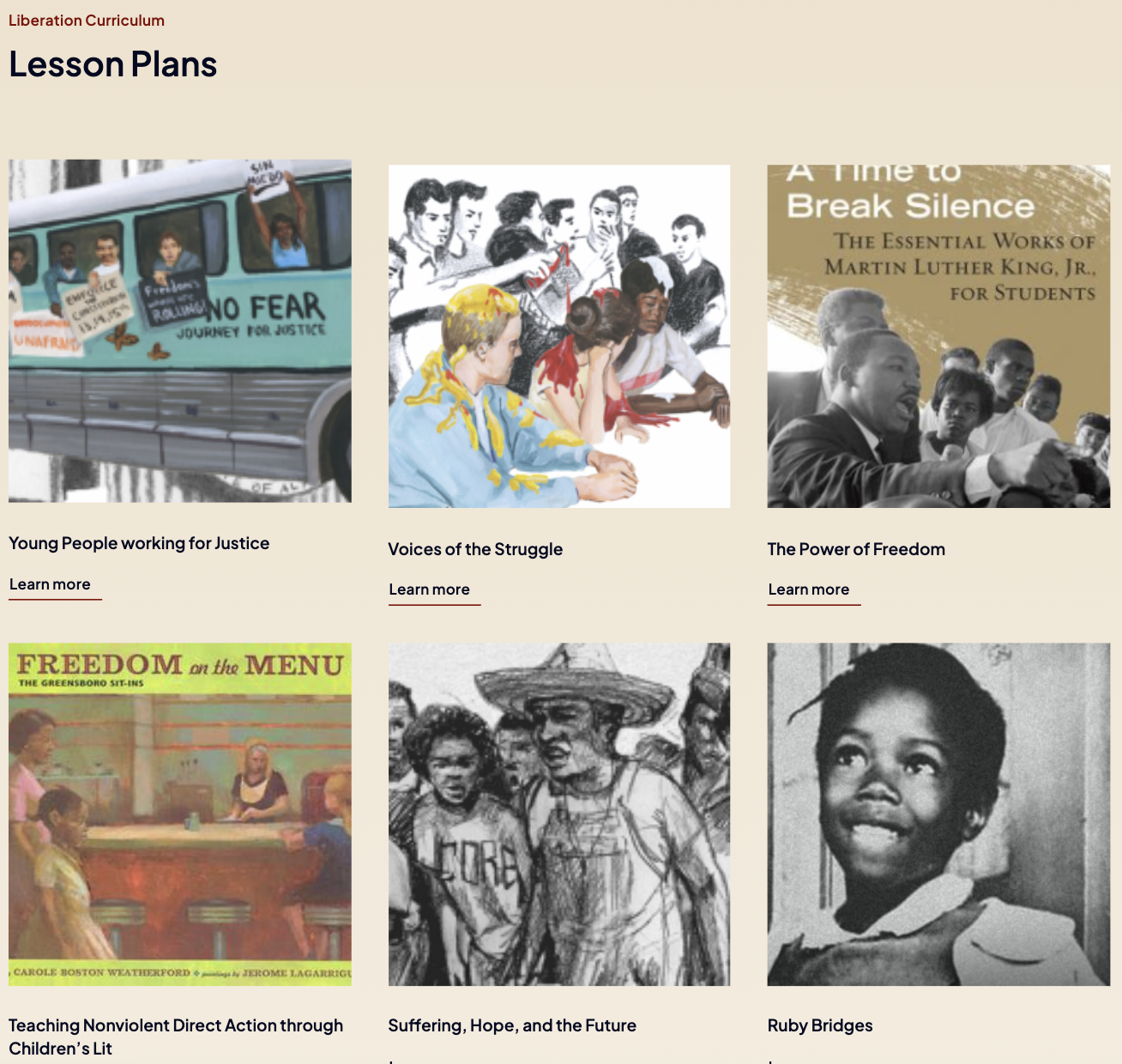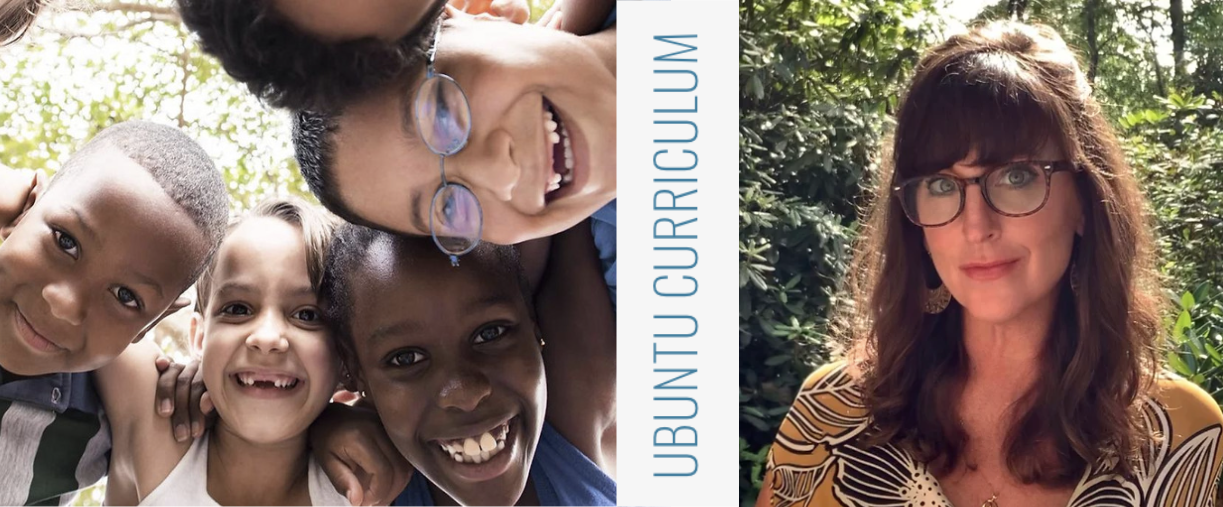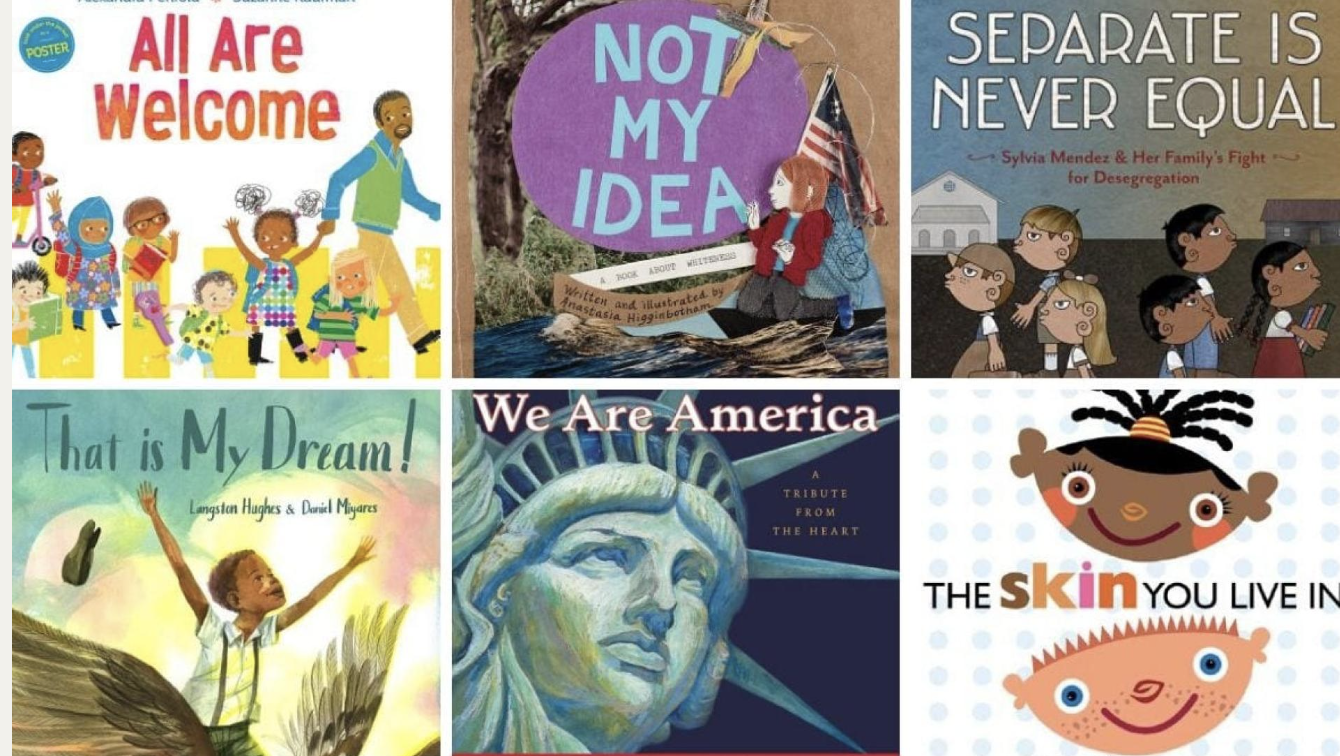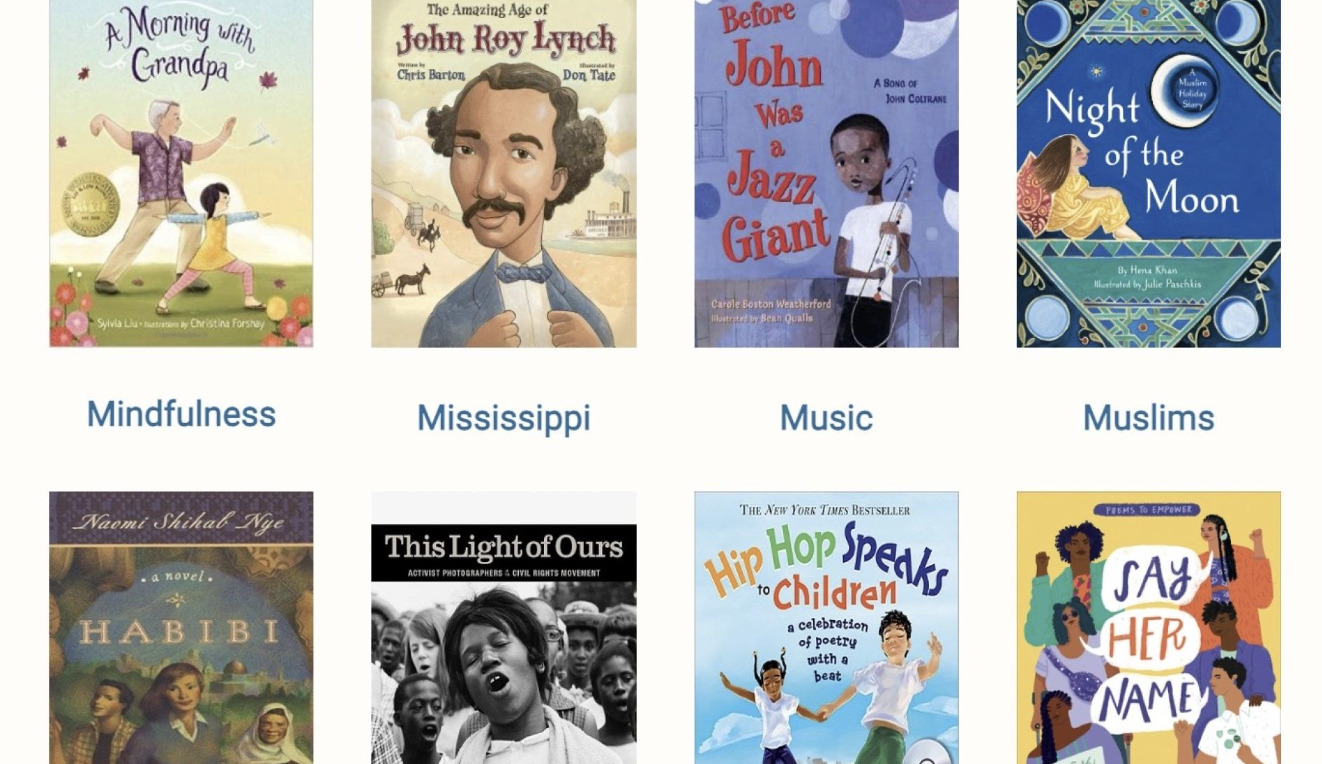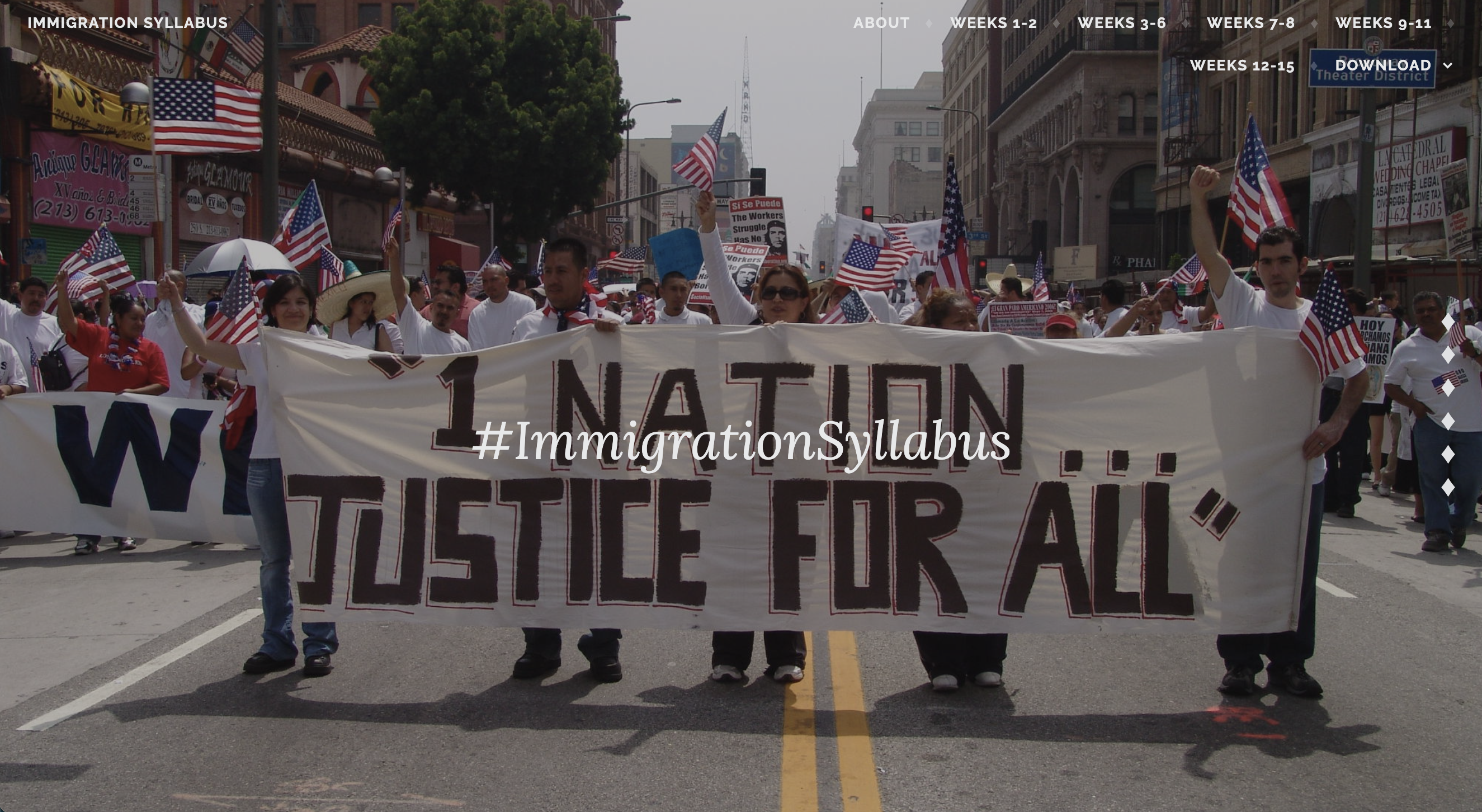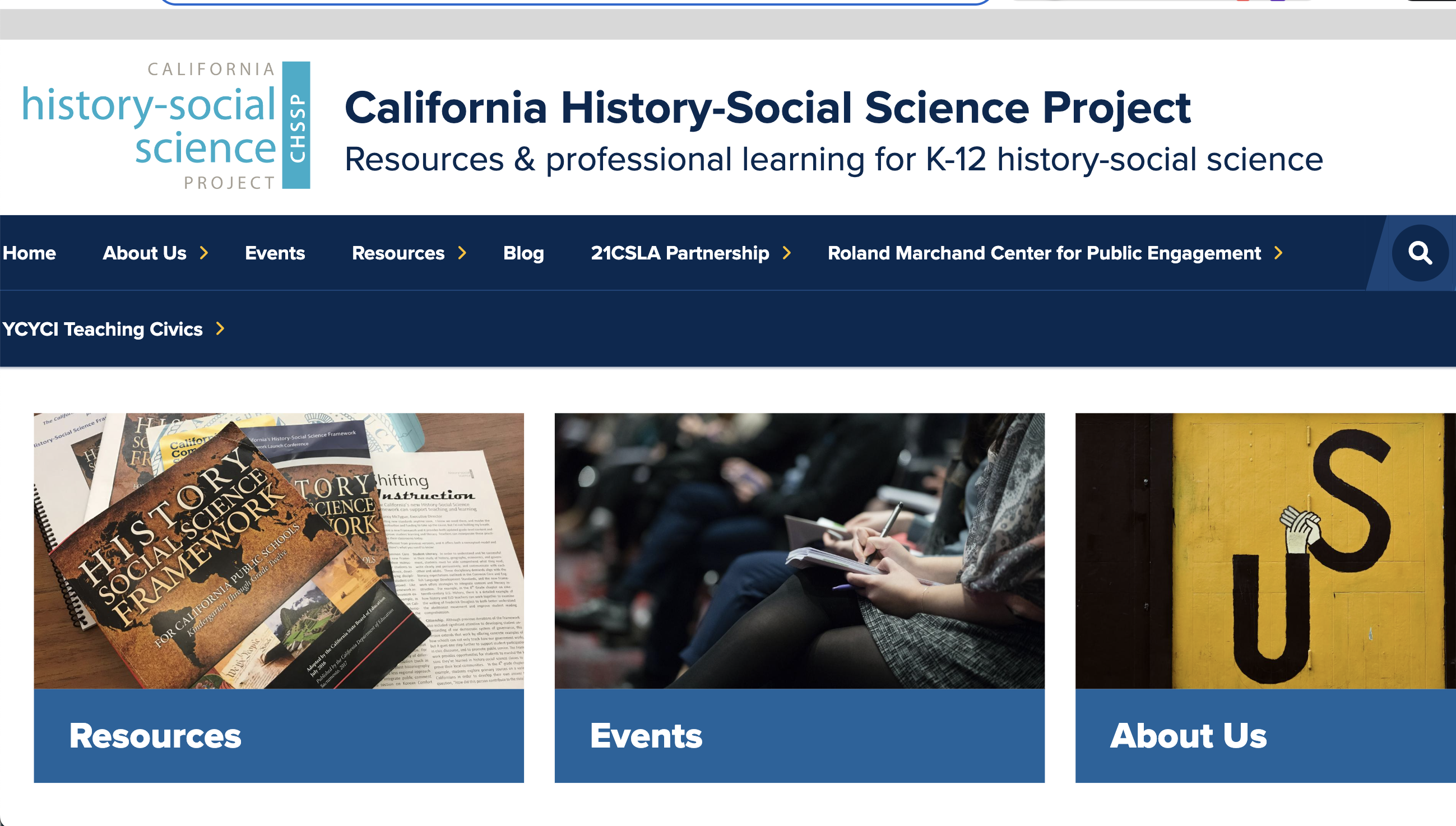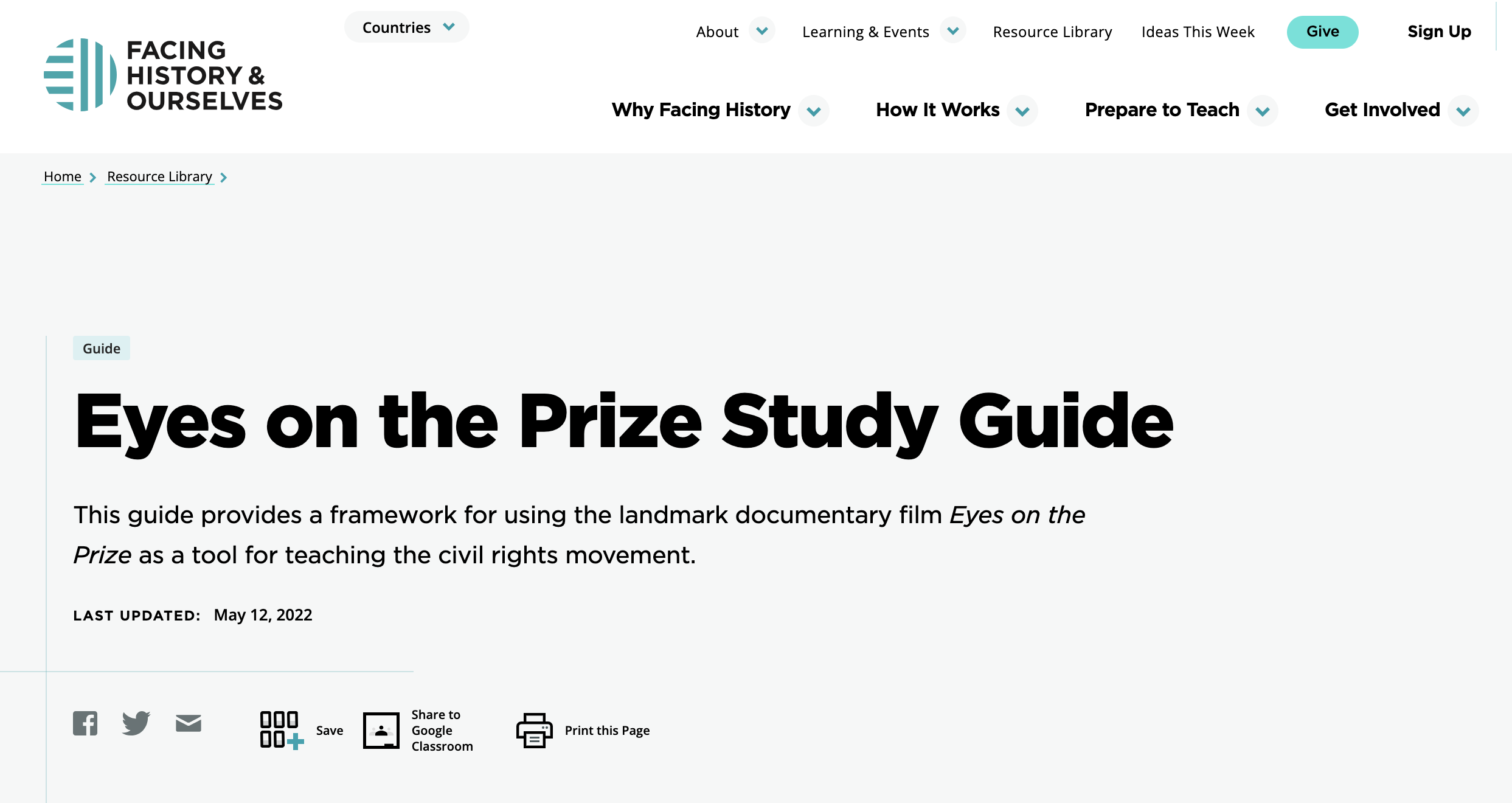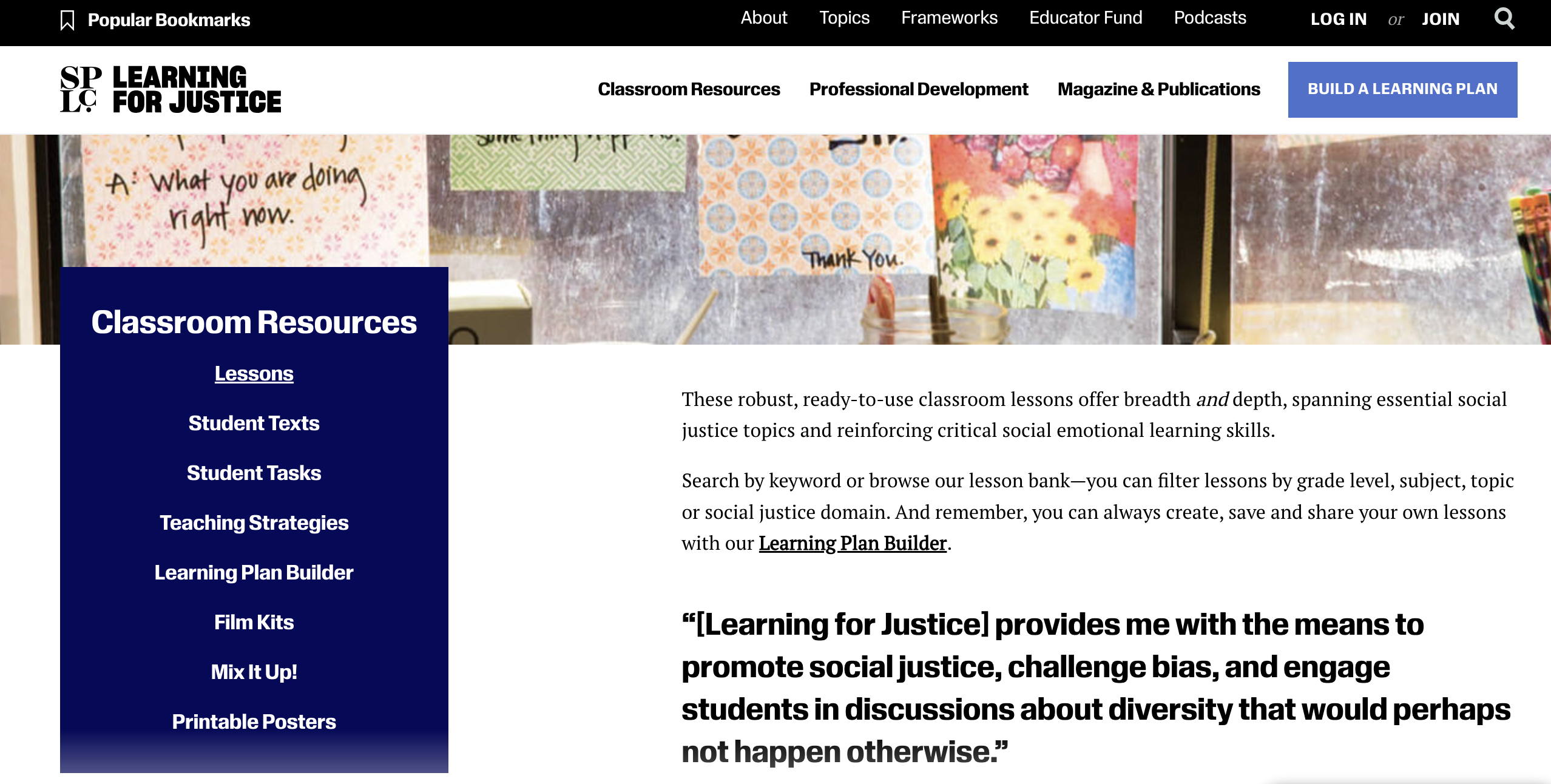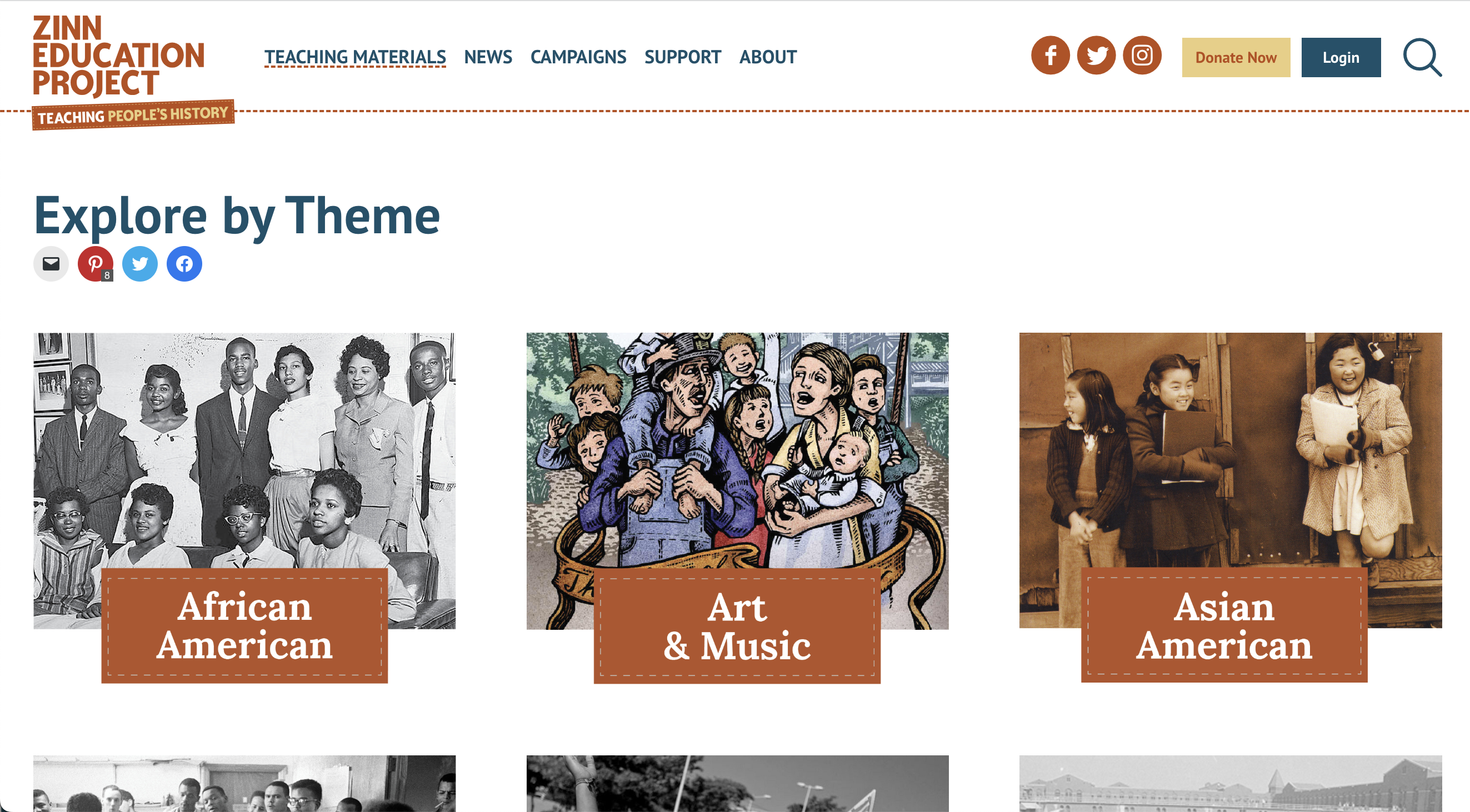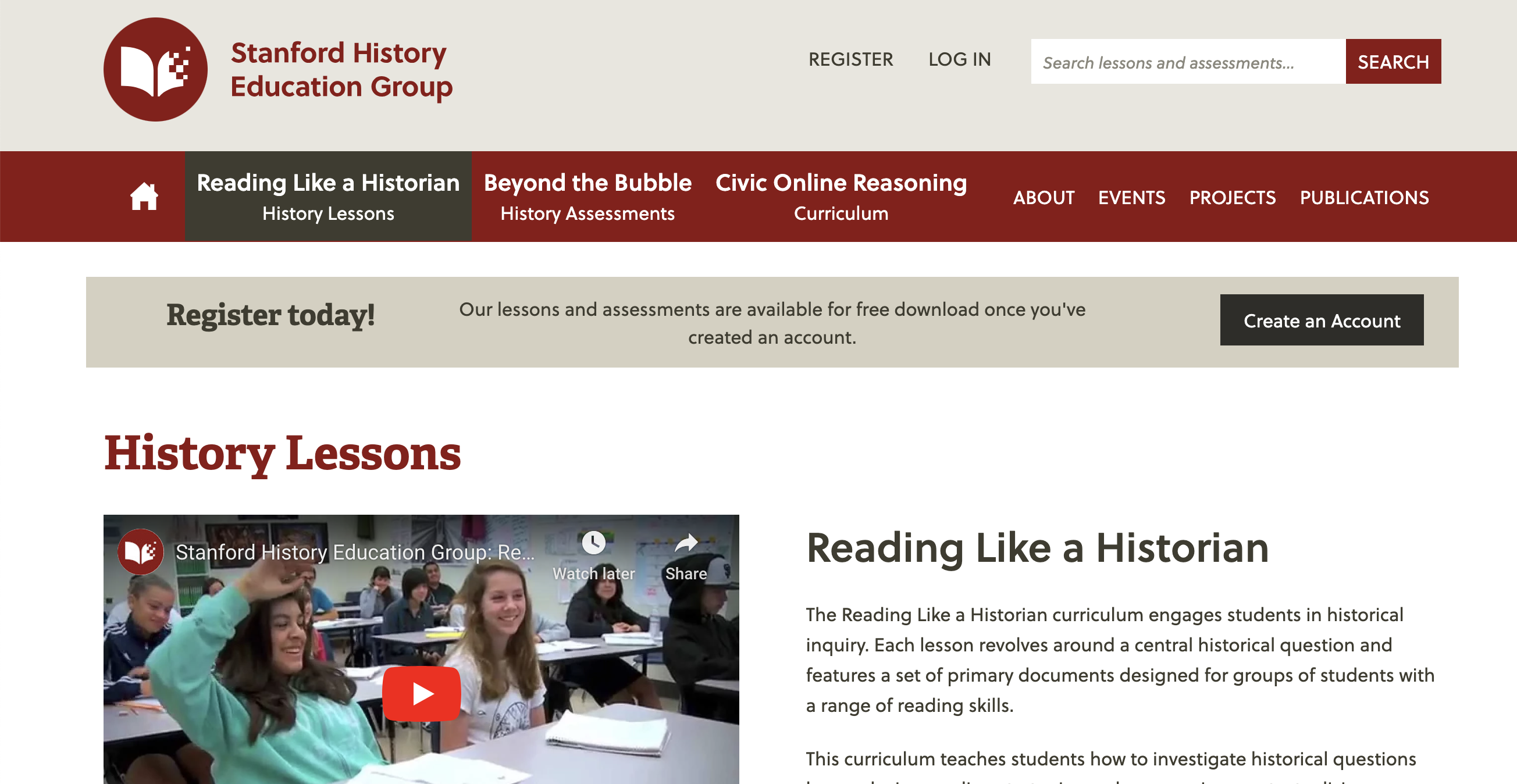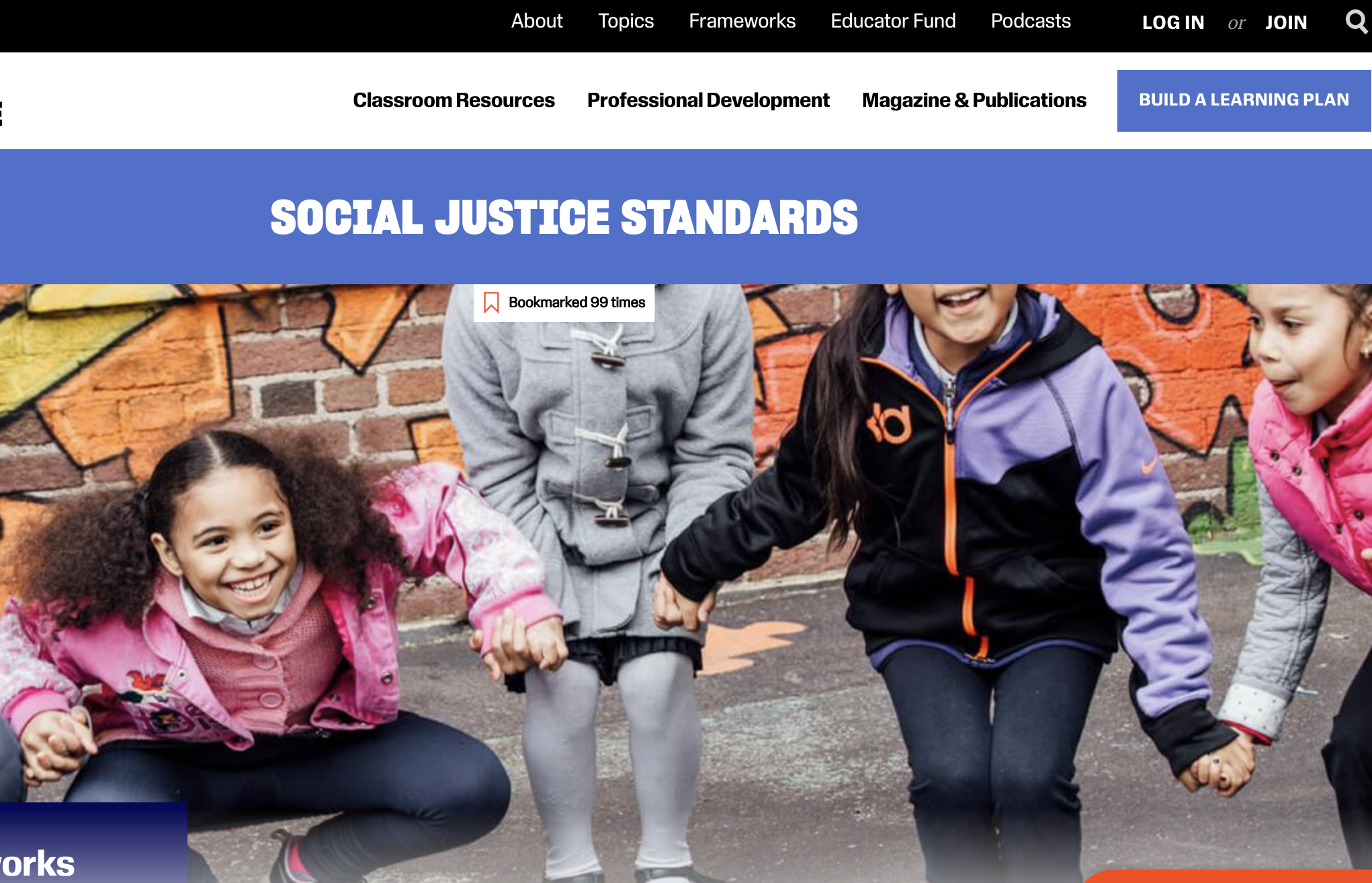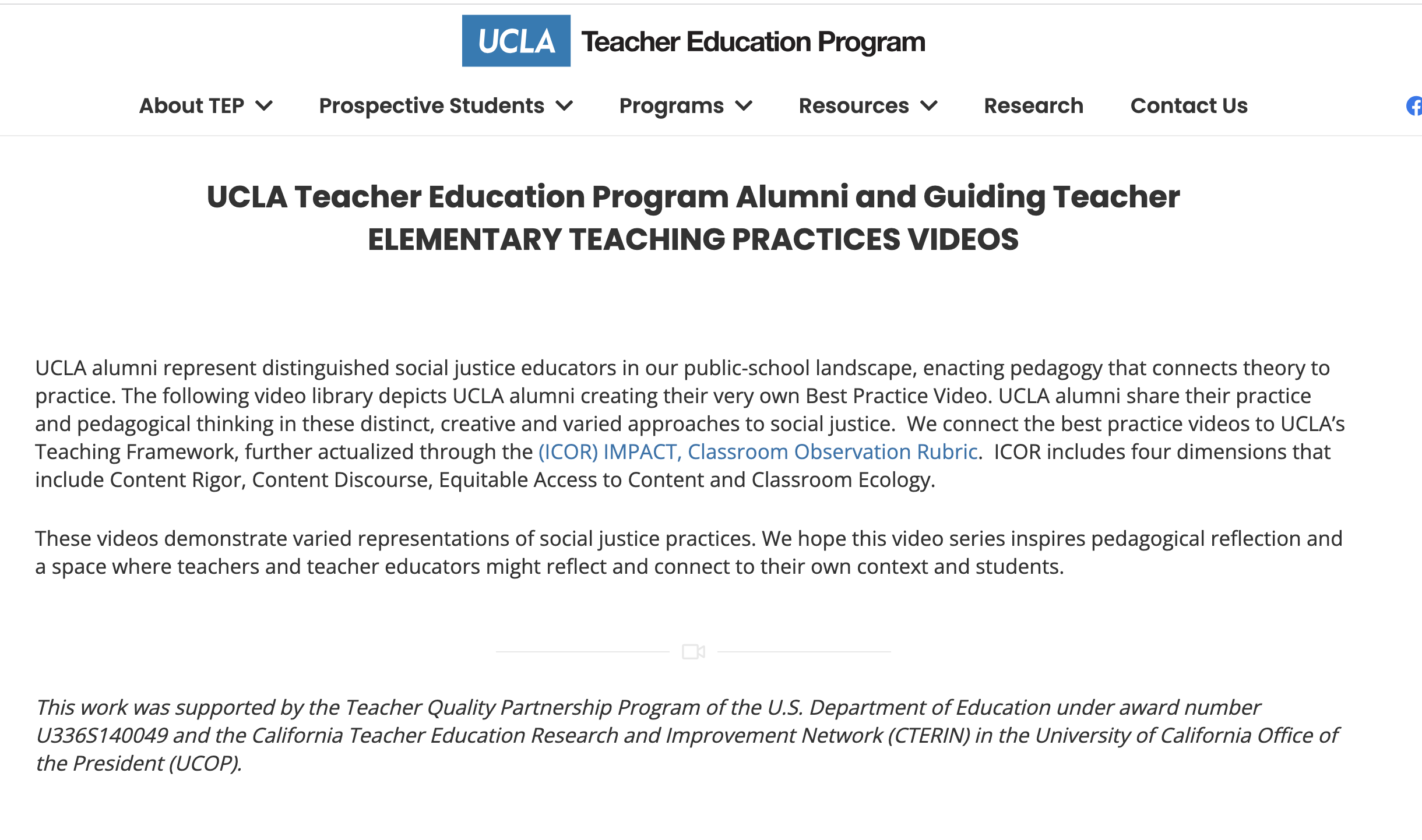Nonviolence
Information & Educational Resources
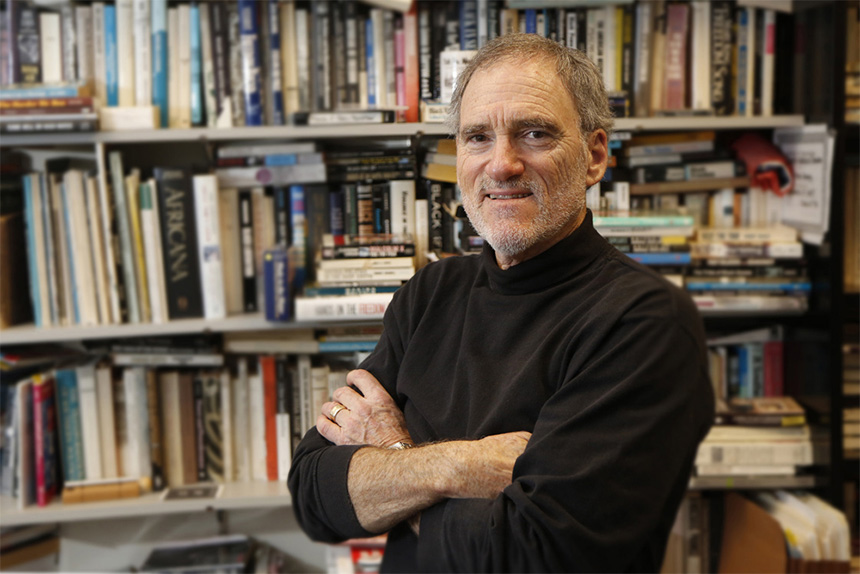
Welcome to the online repository for information and educational resources on nonviolence. This material was collected by The World House Project in conjunction with the seminar on Nonviolence Organizing in Theory and Practice: Building the Beloved Community and Effective Social Justice Movements , presented by the Harvard Radcliffe Institute.
On March 24 and 25 2022, Prof. Michael Honey brought together over twenty scholars, educators, and activists involved with educating and organizing for social and economic justice for all. The starting point for the discussions was James Lawson’s recently published book, Revolutionary Nonviolence, Organizing for Freedom. The participants drew on the models of social change and theories and practices of nonviolence from Gandhi to Martin Luther King, Jr., James Lawson, and others. They discussed how to expand networks of educators and activists to help create a roadmap at this critical juncture, especially for young social movement activists, many of whom may not know of the tactics and strategies of nonviolent direct action and the larger philosophy that in the past produced many movement victories. The material collected for and presented at the seminar is now available on this webpage.
“I left India more convinced than ever before that nonviolent resistance
was the most potent weapon available to oppressed people
in their struggle for freedom.”
Martin Luther King, Jr., 1959
Documentary
“Love and Solidarity: James Lawson and Nonviolence in the Search for Workers Rights”
Directed by Michael Honey, Love & Solidarity is an exploration of nonviolence and organizing through the life and teachings of Rev. James Lawson. Lawson provided crucial strategic guidance while working with Martin Luther King, Jr., in southern freedom struggles and the Memphis sanitation strike of 1968. Moving to Los Angeles in 1974, Lawson continued his nonviolence organizing in multi-racial community and worker coalitions that have helped to remake the LA labor movement.
Documentary Series
A Force More Powerful is a documentary series on one of the 20th century’s most important and least-known stories: how nonviolent power overcame oppression and authoritarian rule. It includes six cases of movements, and each case is approximately 30 minutes long.
A Force More Powerful
A Force More Powerful

